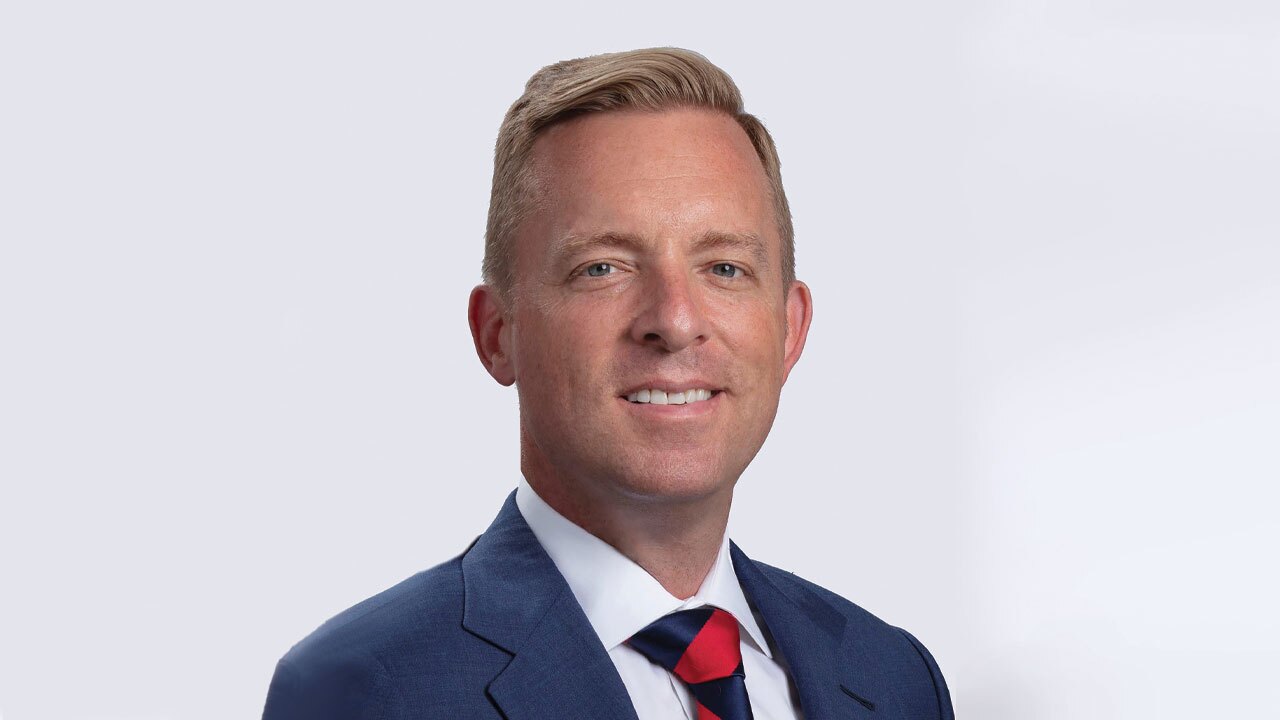WASHINGTON - Nine months into his investigation of the role financial institutions may have played in the downfall of Enron Corp., Sen. Carl Levin said Tuesday that legislation may be needed to rein in the use of special-purpose entities and ensure that equity analysts act independently.
Sen. Levin, the chairman of the permanent subcommittee on investigations, said in an interview Tuesday that he is interested in exploring whether Congress should consider legislation that targets special-purpose entities.
His panel is examining requirements the Financial Accounting Standards Board proposed this month. That proposal would compel banking companies holding billions of dollars of assets in off-the-books partnerships to bring some of them back on to the balance sheet.
He also said that if investment banks and their regulators do not do more voluntarily to separate analysts from investment banking "there may be a role for legislation."
Furthermore, he said that though he has no immediate plans to call the chairmen and chief executive officers of Citigroup Inc. and J.P. Morgan Chase & Co. to testify, he is not happy with the answers the two gave in separate affidavits Monday.
Citi's Sanford I. Weill and Morgan Chase's William B. Harrison Jr. said they had no knowledge of the special-purpose entities their companies allegedly used to help Enron disguise debt as income.
"It violates common sense," Sen. Levin said Tuesday after wrapping up a two-part series hearings where he took testimony from Citi and Morgan Chase on July 23 and Merrill Lynch & Co. on Tuesday about their relationships with Enron, the now-bankrupt Houston energy trader.
Sen. Susan M. Collins of Maine, the ranking Republican on the subcommittee, agreed. She said in a separate interview that though the subcommittee is still examining the validity of the legal precedents Mr. Weill and Mr. Harrison cited in their affidavits, at first blush their answers "seem to be at odds with common sense."
Both lawmakers said they need to more thoroughly review the affidavits before determining if they have further questions to ask Citi and Morgan Chase.
After the July 23 hearing, at which witnesses from both said the companies not control the special-purpose entities they had set up for Enron, Sen. Levin asked Mr. Weill and Mr. Harrison to detail in affidavits their knowledge of the financing vehicles.
Sen. Levin alleged at the hearing that the banks - not a third party - controlled the SPEs they set up. Such a structure would make the financing vehicles illegitimate and, he said, "resulted in Enron obtaining billions of dollars that were in reality undisclosed loans to Enron."
Mr. Weill said in his affidavit that he had "no personal knowledge" of the SPEs. Barbara Yastine, the chief financial officer of Citi's corporate and investment bank, said in a separate affidavit that even through Citi formed Delta Energy Corp. for Enron, paid its legal fees, and negotiated the details of transactions Delta entered into with third parties, Citi did not control Delta.
In his affidavit, Mr. Harrison said Morgan Chase did not control the special-purpose entity Mahonia Ltd.
"I am amazed that any practical person who has involved in the business world personally could conclude that there's no control," Sen. Levin said Tuesday.
"From a practical, real-world perspective, it's incredible that any jury, that any businessperson, that any regulator could conclude that" Citi and Morgan Chase "did not control those entities they created, they funded, that they were the exclusive users of, based on a very highly technical argument that the people who are the legal owners somehow or other are not controlled by the banks."
The subcommittee concluded the hearings, which were titled "The Role of the Financial Institutions in Enron's Collapse," on Tuesday by taking testimony from G. Kelly Martin, who is a Merrill Lynch senior vice president and the president of its international private client group.
Sen. Levin produced hundreds of pages of documents from Merrill and Enron that he said show that Merrill "helped Enron artificially and deceptively create revenue" through transactions including "pretending to purchase an existing Enron asset [three Nigerian barges] when it was really engaged in a loan" and upgrading an analyst's rating on Enron stock.
Mr. Martin testified:
"Our firm dealt with Enron at arm's length and made business decisions based on the information that was then available. We … felt justified at the time in believing Enron's financial representations."
Sen. Levin said that a "call list" he unveiled at the hearing showing that Merrill's Enron analyst was trying to sell Enron stock to potential buyers in 1998 for the Houston energy trader's common stock offering shows that stronger walls need to be erected between firms' analysts and investment bankers.
"Some have already taken some steps in that direction, and I would hope the regulators act. If neither one of them act … then there may be a role for legislation in that area."





